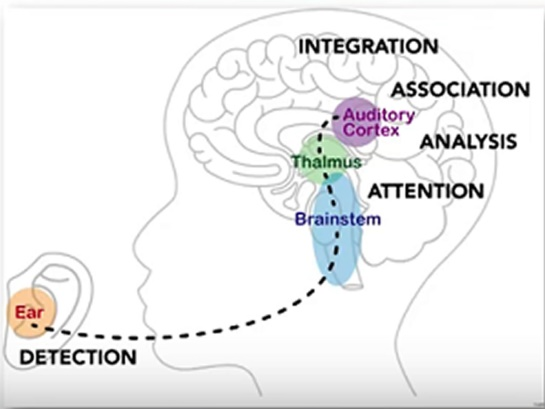Why hearing aids do not give instant benefits like glasses
We often see patients who expect hearing aids to provide the same immediate benefit we get when learning how to see or read with new glasses. Getting hearing aids to treat a hearing loss is an important step, but it’s not the finish line.
Adapting to hearing aids is more like learning how to drive. The process takes time, commitment, education, practice and patience. When you first start using hearing aids, your brain will be startled to receive signals it has been missing for a long time, this is due to auditory deprivation. This occurs in individuals suffering from hearing loss where the brain loses the ability to interpret words due to a lack of stimulation over an extended period of time.
Auditory deprivation is common, as on average it takes people around 7 years to address their hearing loss. The brain needs time to become familiar with speech and environmental noise again. We often hear a patients say that they do not want to hear the tap running, their own footsteps or paper rustling. We also get told that the sound is louder but they cannot hear what the person in front of them is saying when there is other noise around. We call this auditory confusion.
With consistent, daily use of hearing aids, your perceptions and the brains ability to ignore the water, footsteps and paper will happen but this can take months to a year or longer, depending on the length of time you have had a hearing loss. It takes time for your brain to ignore the sounds you do not want to hear and to focus on sounds you want to hear, particularly when in presence of noise. If you wear your hearing aids all day, every day, the auditory confusion will clear sooner - the sounds will become part of your subconscious again as your brain begins to prioritize them.


